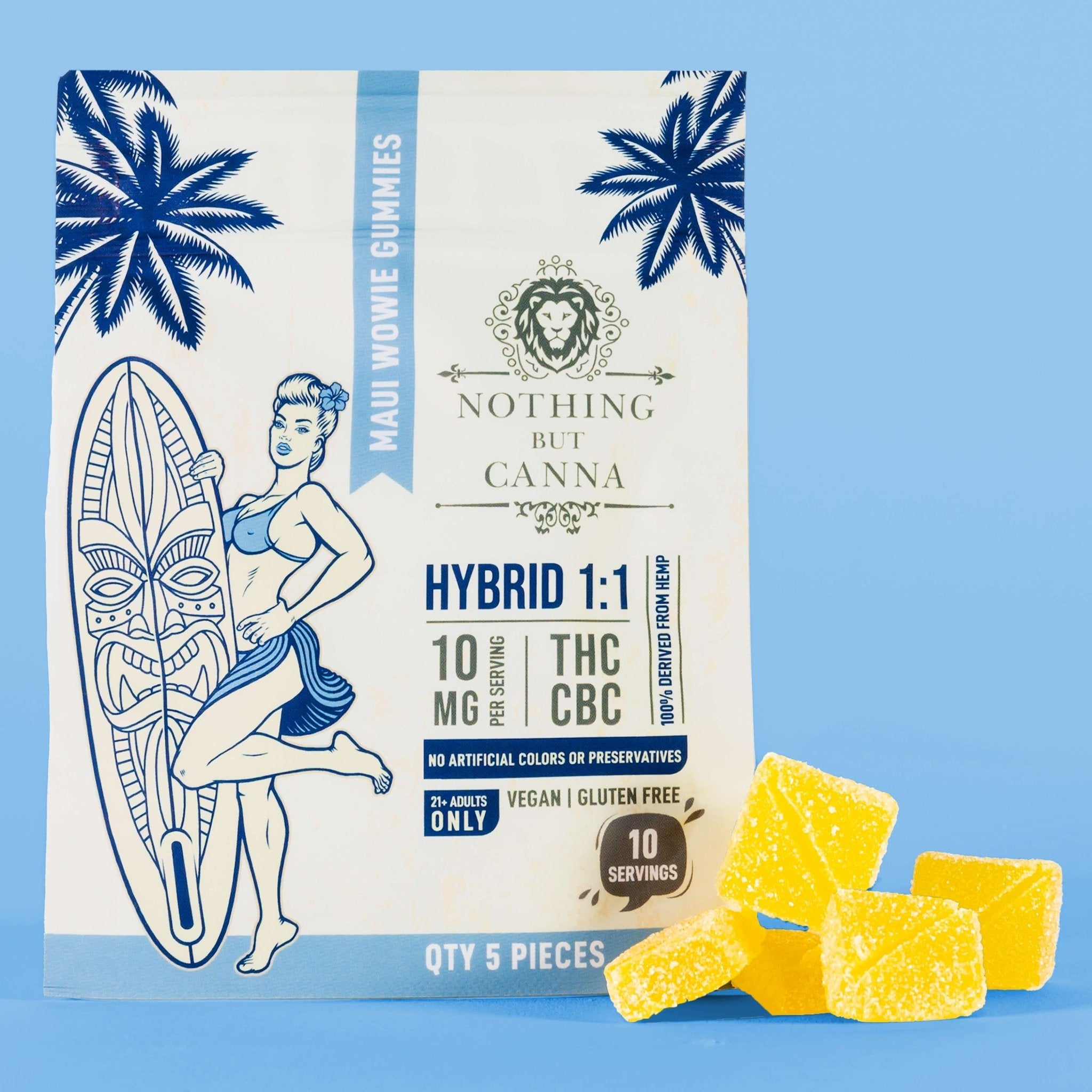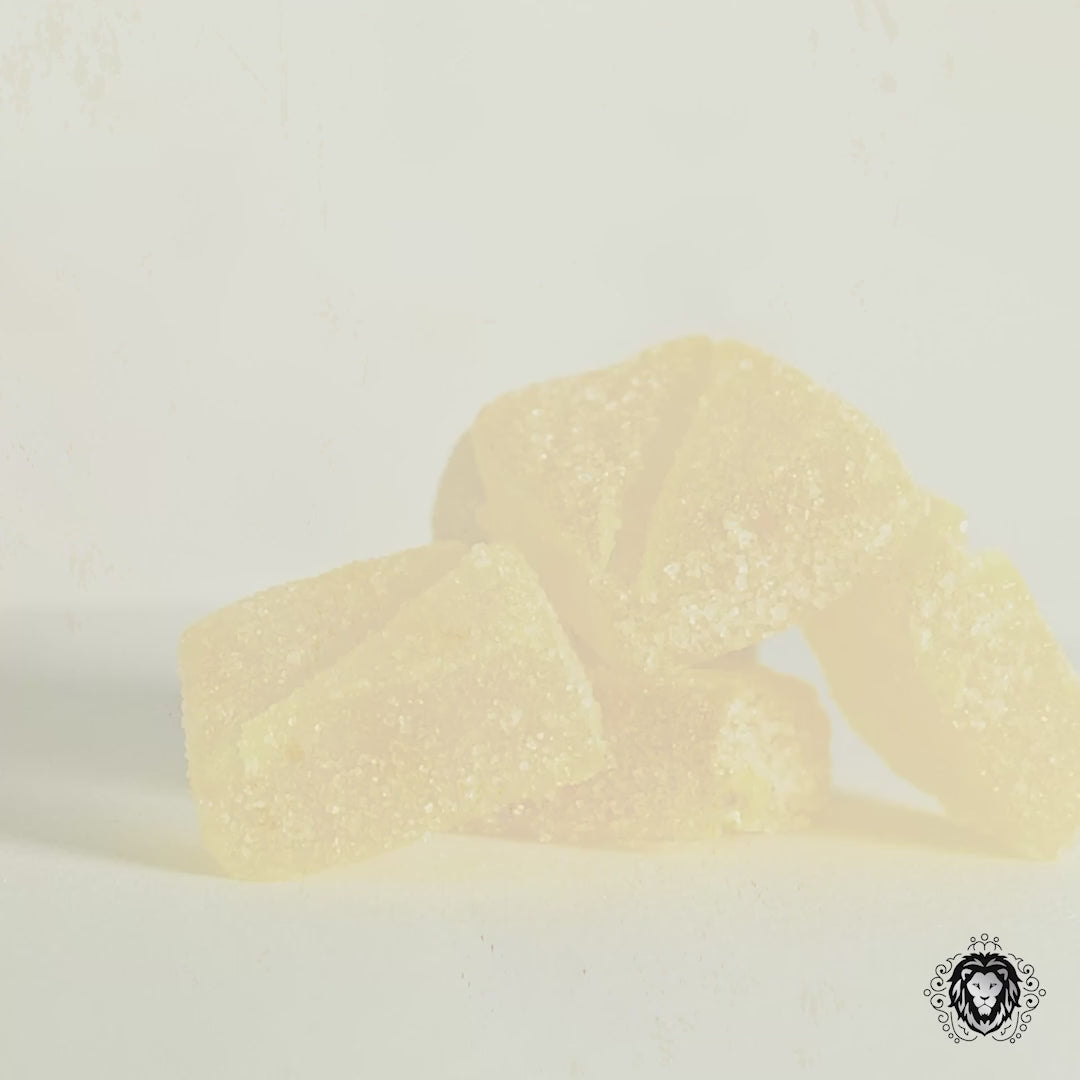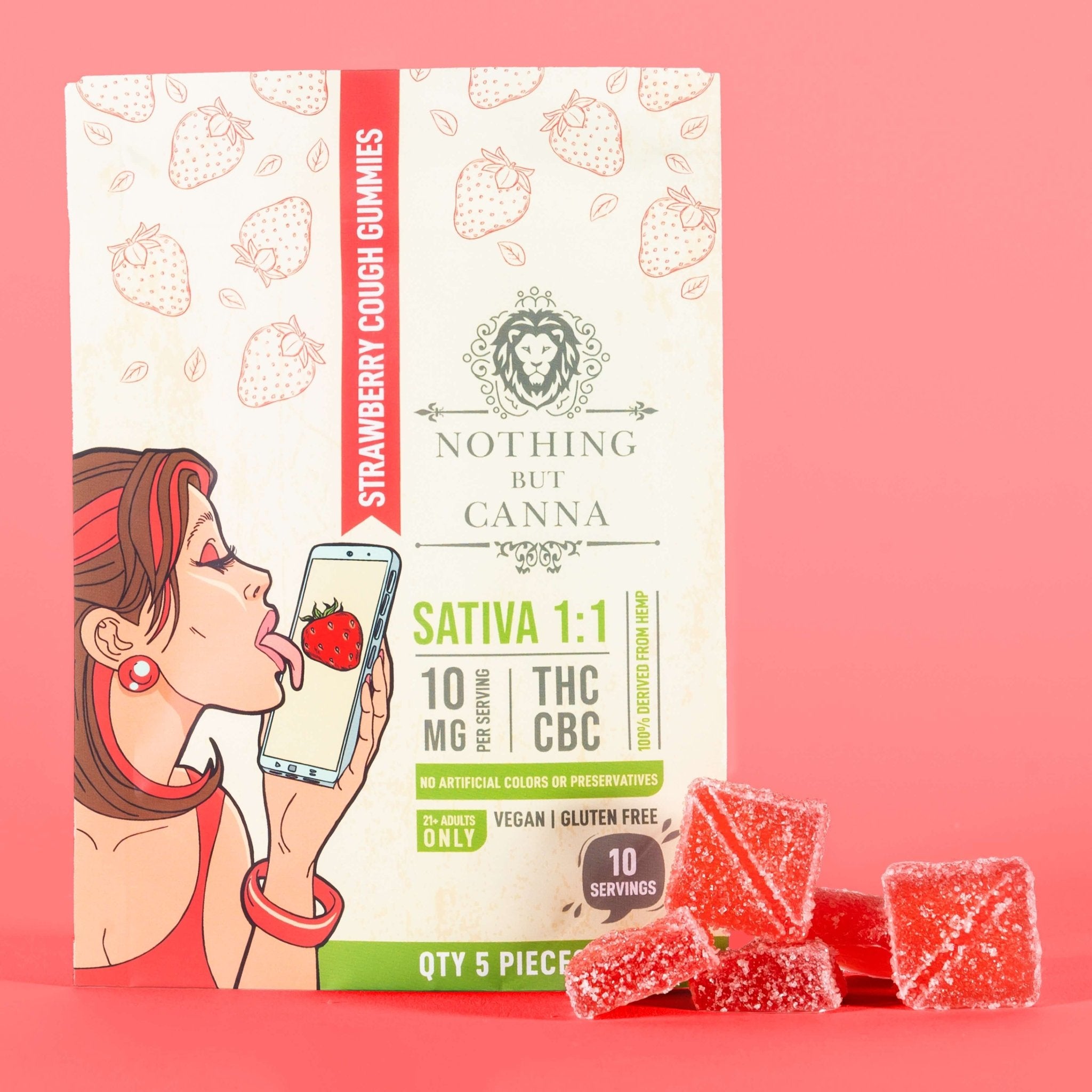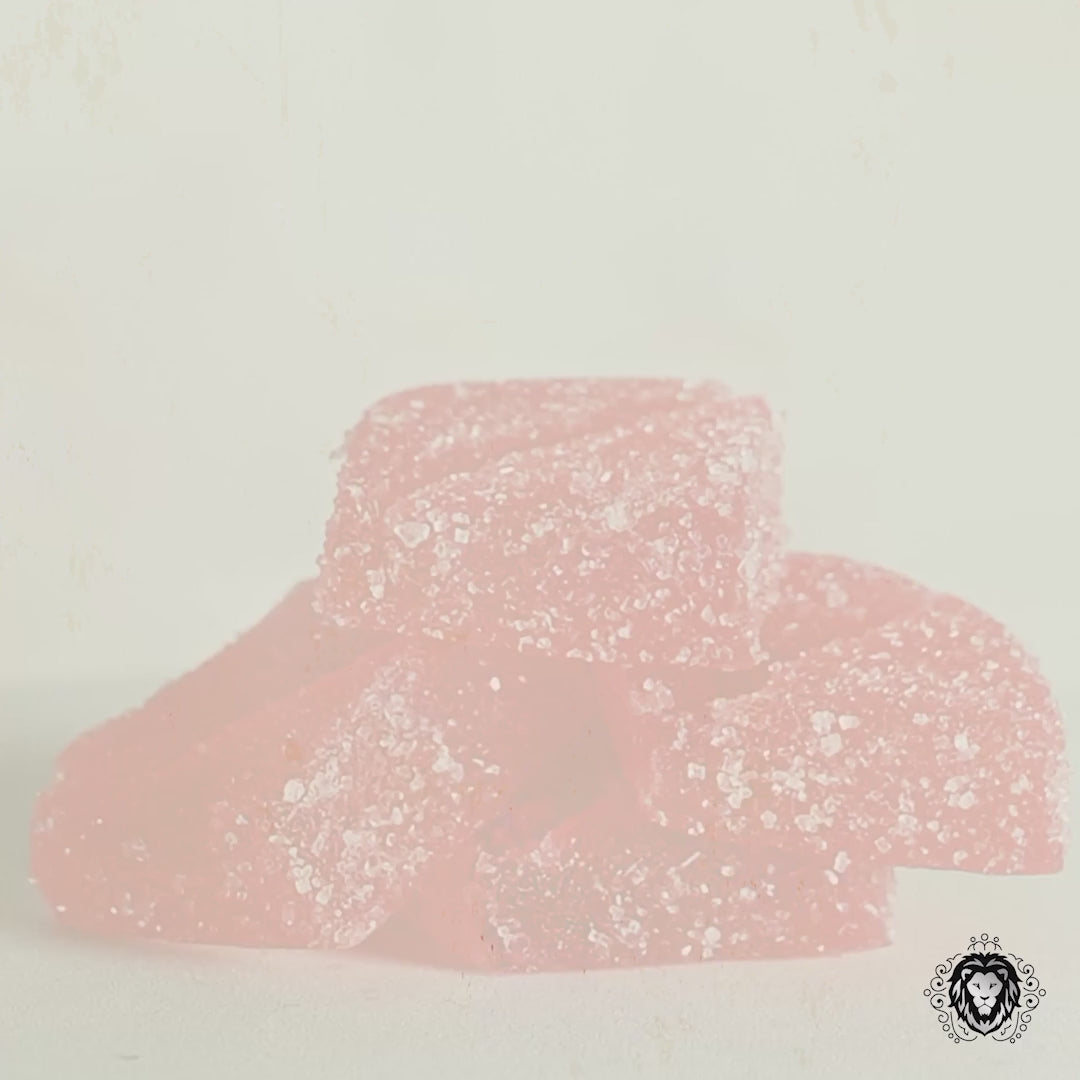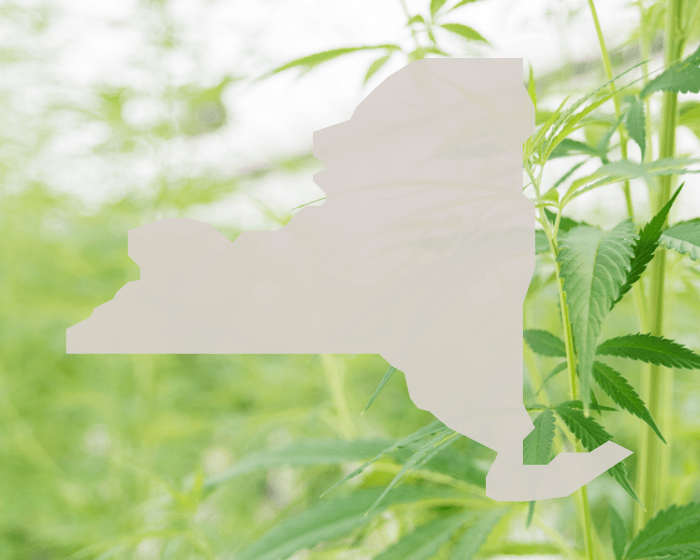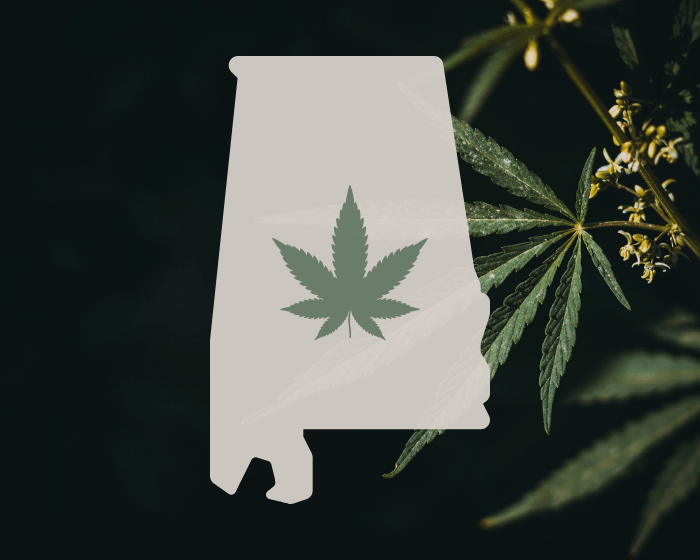
After food industry brands including General Mills, Kellogg’s and Pepsi called on lawmakers in April to help stop the sale of THC-infused foods packaged to resemble popular cereals and candy, the US Food and Drug Administration (FDA) has issued a safety alert to the public, reports Marijuana Moment.
The FDA published an advisory statement May 13 warning of the risk of accidental ingestion, especially by children.
“The FDA is aware of reports of copycat products packaged to look like Cap’n Crunch, Cocoa Pebbles, Cocoa Puffs, Froot Loops, Fruity Pebbles, Nerds Ropes, Starbursts, Sour Patch Kids, and Trix, among others,” the safety advisory reads.
Announcing the alert, Janet Woodcock, principal deputy commissioner of the FDA tweeted, “Some THC edible products are designed to mimic well-known brands by using similar names, logos or pictures on their packaging. These copycats are easily mistaken for popular foods that appeal to children. Always keep products like these in a safe place & out of reach of children.”
"Some THC edible products are designed to mimic well-known brands by using similar names, logos or pictures on their packaging. These copycats are easily mistaken for popular foods that appeal to children.”
— Janet Woodcock, principal deputy commissioner of the FDA.
According to the FDA, some people who ate the products reported hallucinations, increased heart rate, vomiting, and hospital visits.
The agency said it’s working with federal and state partners to address concerns about copycat THC products and monitor the market for reports of accidental ingestion or product complaints.
The Consumer Brands Association and others in the food and beverage industry have asked Congress directly for more legal leverage against the companies imitating their packaging. In many cases, those designing the packaging aren’t selling the end product, complicating prosecution efforts.

It’s unclear how many of the copycat products contain hemp-derived THC. Nationally, poison control centers received roughly 968 calls about minors ingesting delta-8 THC between January 2021 and the end of February 2022. Delta-8 is one type of THC that can be made from CBD sourced from hemp. But those stats don’t specify what kind of packaging the products were in.
Copycat edibles are reportedly more prevalent in states with recreational adult (delta-9) cannabis use. But in many states where delta-9 cannabis is prohibited, copycat delta-8 and delta-10 edibles can be found in stores or purchased online, including products packaged to look like or play on popular brands.
In its safety alert, the FDA advised anyone experiencing negative effects after accidental ingestion of THC-infused products to call 9-1-1 or get emergency medical help. If a child has accidentally eaten them, the FDA recommends calling the poison control center at 1-800-222-1222 before waiting for symptoms.
Preventing children from accidentally consuming cannabis is a common goal for both sides of the legalization debate, Kyle Jaeger noted in Marijuana Moment.
“While federally funded studies have found that adolescent cannabis use has remained stable or even declined in states that have legalized and regulated marijuana, there’s consensus that precautions should be taken to ensure that young people don’t mistakenly consume cannabis,” Jaeger wrote
In mid April, US House Representative James Comer (R-KY) called for a committee-level hearing with the FDA to address the agency’s failure to establish regulations for the sale of hemp-derived extracts.
“Across the United States, inauthentic products are sold under the likeness of legal hemp but are improperly labeled, contaminated with harmful chemicals, and marketed to children,” Comer wrote.
May 4, the FDA sent warning letters to businesses allegedly selling delta-8 THC products. One of the FDA’s main concerns appeared to be that the companies had represented delta-8 as having medicinal benefits. But the agency also voiced concern about delta-8 being added to treats with packaging that appeals to kids.

































